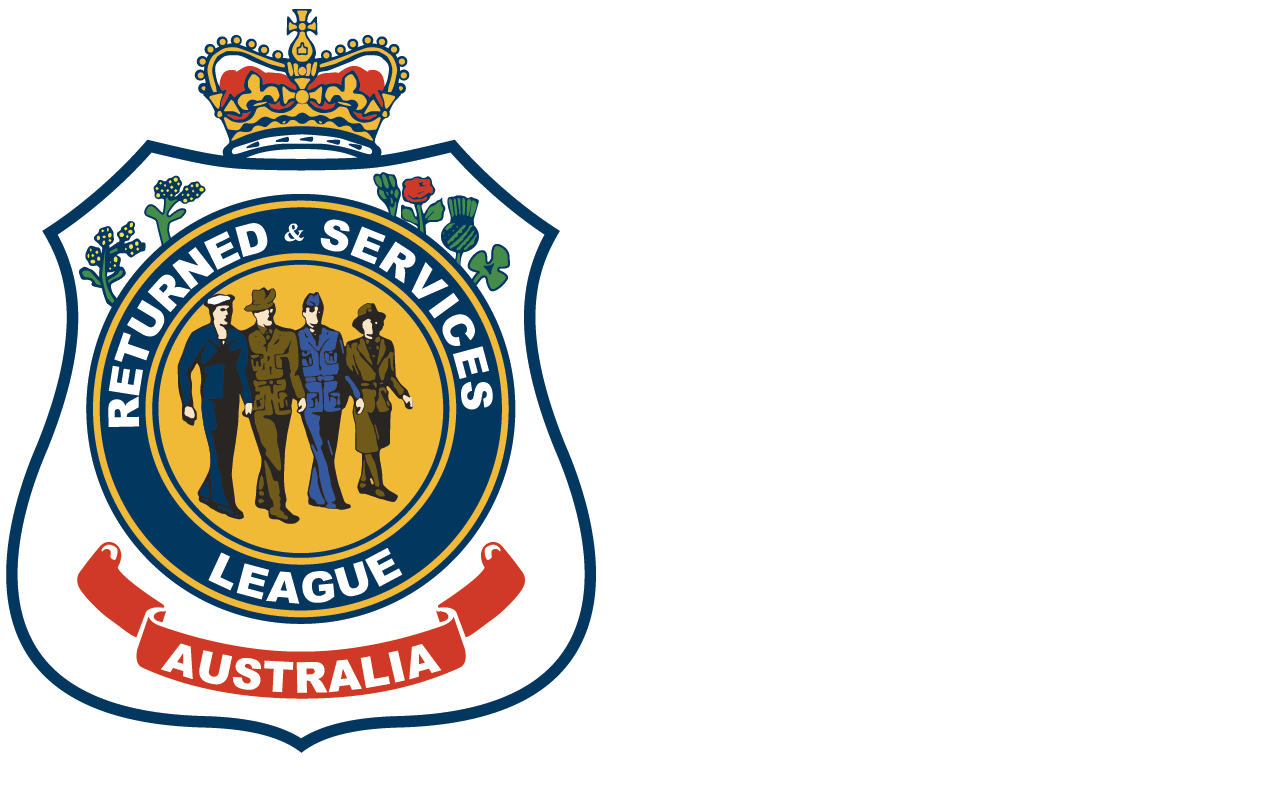Common job interview Questions
As a veteran, you have unique experiences and qualifications that can make you a valuable candidate for civilian jobs. However, transitioning from military to civilian life can be challenging, especially when it comes to job interviews.
Linking in with a veteran-specific career service like the RSL Veterans’ Employment Program can help you to prepare. They’ll look at your specific career history and the types of jobs you’d like to apply for, and coach you accordingly.
In the meantime, here are some of the most common job interview questions and tips for answering them effectively.
CAN YOU TELL ME ABOUT YOURSELF?
This question is an opportunity to highlight your military background and the skills you gained through your service. Be sure to mention your rank, branch of service, and any relevant achievements or awards. Emphasise how your military experience has prepared you for the position you’re applying for and highlight any transferable skills, such as leadership, teamwork, or problem-solving.
WHY ARE YOU INTERESTED IN THIS POSITION?
This question allows you to demonstrate your knowledge of the company and the role you’re applying for. Do some research on the organisation beforehand and mention specific aspects of the company or position that appeal to you. Be sure to highlight how your military experience makes you a strong fit for the job, such as your ability to work in a team, adapt to new situations, or handle high-pressure environments.
WHAT ARE YOUR GREATEST STRENGTHS?
This question is an opportunity to showcase the qualities and skills that make you a valuable employee. Be sure to mention strengths that are relevant to the job, such as attention to detail and the ability to remain calm in stressful situations. Provide specific examples of times when you have demonstrated these strengths in your military service or other roles.
WHAT ARE YOUR WEAKNESSES?
This question can be challenging, but it’s important to be honest and self-aware. Identify an area where you have room for improvement, but also highlight steps you’re taking to address it. For example, you might mention that you’re working on improving your public speaking skills or seeking out additional training in a particular area.
CAN YOU DESCRIBE A TIME WHEN YOU OVERCAME A CHALLENGE?
As a military veteran, you’ve likely faced numerous challenges and overcome them through resourcefulness and perseverance. Think of a specific example of a challenge you faced during your service and how you overcame it. Be sure to emphasise how your actions had a positive impact on the situation and your team.
WHY DID YOU LEAVE THE MILITARY?
Be honest about why you left the military, but also focus on the positive aspects of your military service. For example, you might say that you left to pursue new opportunities or to spend more time with your family. Avoid criticising the ADF or your former colleagues, as this can reflect poorly on you.
WHAT ARE YOUR SALARY EXPECTATIONS?
This question can be tricky, so it’s important to be prepared. Research industry standards and the salary range for the position you’re applying for, and be prepared to provide a range that is realistic and aligned with your experience and qualifications. You might also mention that you’re open to negotiation and are primarily interested in finding a position that is a good fit for your skills and goals.
If you have any contacts in the industry you’d like to move into, call on them for an honest conversation about salary expectations. For more tips on answering this question, check out this article from Seek.
HOW DO YOU HANDLE STRESS?
As a veteran, you’ve likely dealt with high-pressure situations and learned to manage stress effectively. Provide specific examples of times when you’ve handled stress well, such as prioritising tasks or seeking support from your team. Emphasise your ability to stay focused and maintain a positive attitude even in challenging situations.
WHAT MOTIVATES YOU?
This question allows you to showcase your passion and enthusiasm for your work, and your personal brand identity. Tell the interviewers what drives you, whether it’s the opportunity to make a positive impact, working with a great team, or taking on new challenges. Be authentic and specific, and provide examples of times when you’ve been particularly motivated or engaged in your work.
DO YOU HAVE ANY QUESTIONS FOR US?
This is your opportunity to show your interest and enthusiasm for the position and the company, so make sure you do your research ahead of time. Ask thoughtful questions about the company culture, growth opportunities, or what a typical day in the role might look like. Remember to listen carefully to the answers and ask follow-up questions to demonstrate your engagement.
VETERAN-SPECIFIC JOB INTERVIEW QUESTIONS
To help you prepare further, here are some veteran-specific job interview questions you might encounter.
1. What is the biggest challenge you faced while serving and how did you overcome it?
2. How did your military experience prepare you for this civilian role?
3. Can you give an example of a time when you had to quickly adapt to a new situation or environment?
4. How do you deal with conflicts or disagreements within a team?
5. Can you tell us about a time when you had to make a tough decision under pressure?
6. How do you prioritise tasks and manage your time effectively?
7. What do you think is the biggest misconception civilians have about military veterans?
8. Can you describe a time when you demonstrated leadership in a challenging situation?
9. How do you handle failure or setbacks, and what have you learned from those experiences?
10. Can you explain a complex military concept or operation in simple terms?
set yourself up for success
Transitioning from military to civilian life can be challenging, but with the right preparation, you can make a successful transition to the civilian workforce. By understanding the most common job interview questions and crafting thoughtful responses that highlight your transferable skills, you can demonstrate your value as a candidate.
Remember to be confident, professional, and personable during the interview, and take advantage of any opportunities to ask questions and learn more about the position and company. With these tips, you'll be well on your way to a successful civilian career.
THE RSL VETERANS’ EMPLOYMENT PROGRAM CAN HELP
Need a hand preparing for a job interview? Reach out to the RSL Veterans’ Employment Program today. We provide individualised support to veterans, their partners and their immediate family members. Best of all, it’s completely free. Make your move today!
Want to see more content like this? Find resources for job-hunters here

